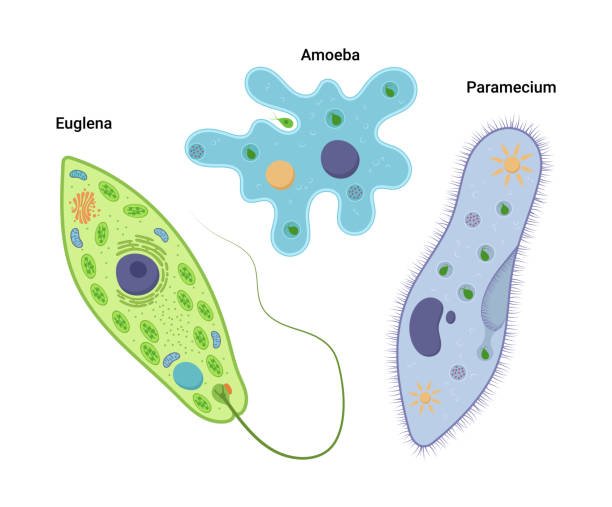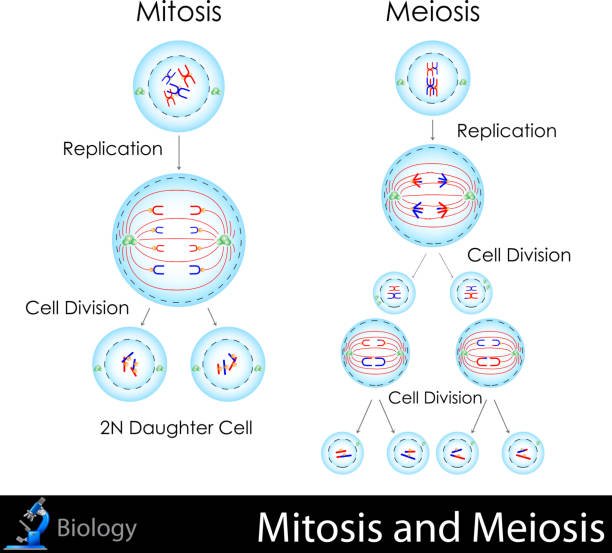Organisms with true nucleus enclosed by a nuclear membrane: Organisms with a true nucleus are the most advanced and complex organisms in the living world. They belong to the domain Eukarya, and their defining characteristic is a nucleus that is enclosed by a nuclear membrane.
The nucleus of these organisms is the control center of the cell, containing the genetic material that codes for the cell’s structure and function. The nuclear membrane that surrounds the nucleus serves as a barrier that regulates the movement of molecules in and out of the nucleus.
Organisms with True Nucleus Enclosed by a Nuclear Membrane
Organisms with true nucleus enclosed by a nuclear membrane are called eukaryotic organisms.
- Eukaryotic organisms are further classified into four kingdoms:
- Protista,
- Fungi, P
- lantae, and
- Animalia
- Each of these kingdoms contains diverse and complex organisms that display distinct features and functions.
- Protists, for instance, are unicellular organisms that include protozoa, algae, and slime molds. They possess a true nucleus and other organelles, such as mitochondria and chloroplasts, which enable them to carry out various cellular processes.
- Fungi, on the other hand, are multicellular organisms that are heterotrophic in nature. They feed on dead organic matter and play a crucial role in the ecosystem by decomposing organic material and recycling nutrients.
- Plants are eukaryotic organisms that are capable of photosynthesis. They possess a unique organelle called chloroplast, which enables them to convert sunlight into chemical energy.
- Lastly, animals are multicellular eukaryotic organisms that exhibit complex systems such as nervous, circulatory, and digestive systems. They have a diverse range of body plans, from simple invertebrates like sponges to highly complex vertebrates like mammals.
Video: Characteristics of eukaryotic cells
Organisms with a true nucleus enclosed by a nuclear membrane are a diverse and complex group of organisms that possess various unique features and functions. The classification of eukaryotic organisms into four kingdoms provides a framework for understanding their diversity and evolutionary history.






